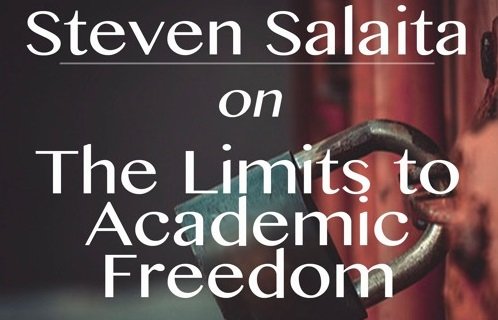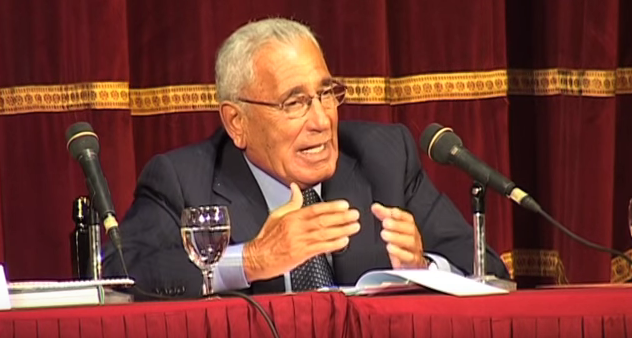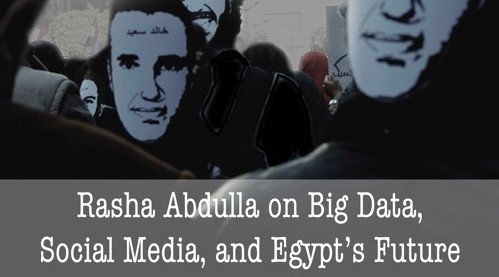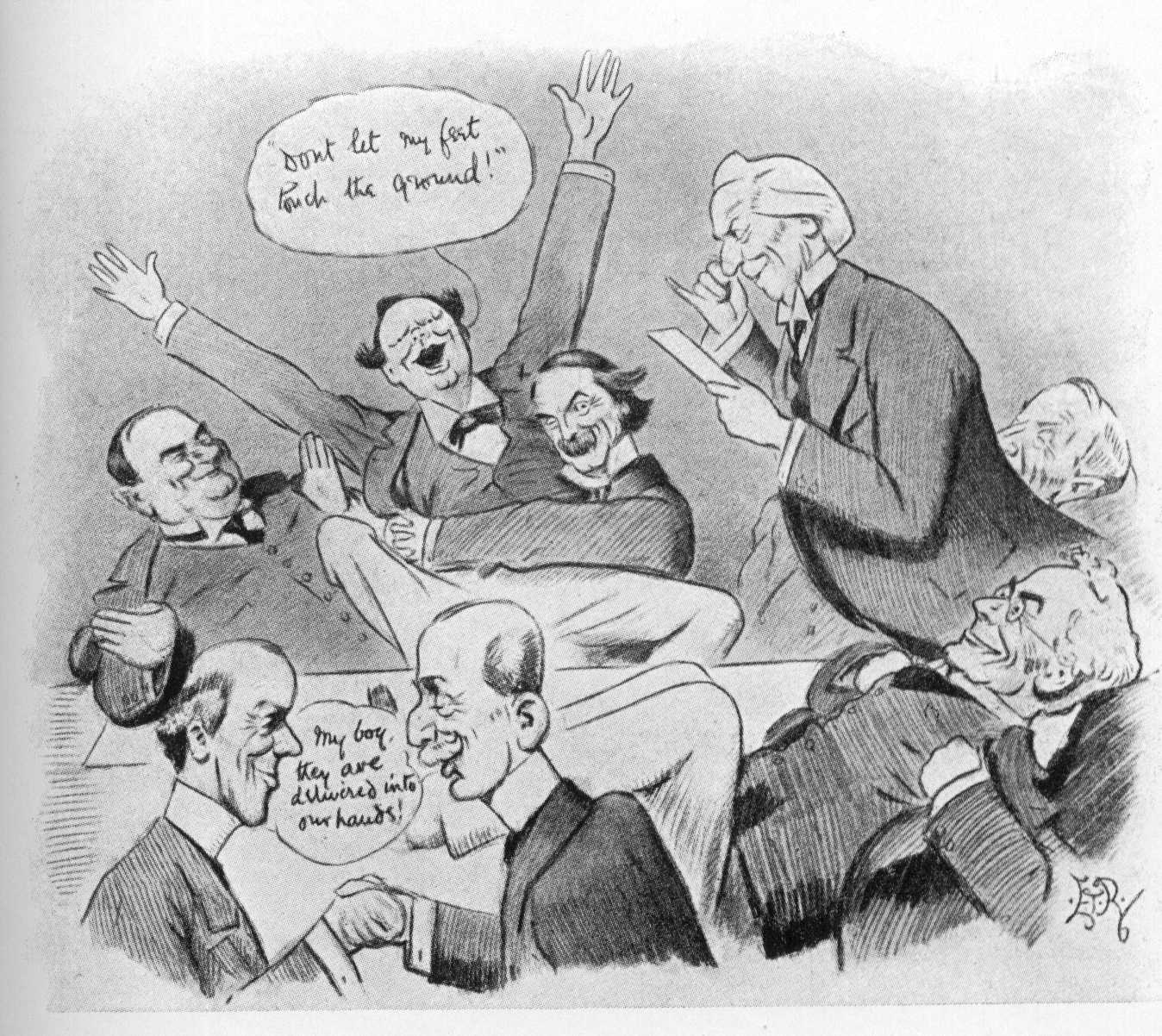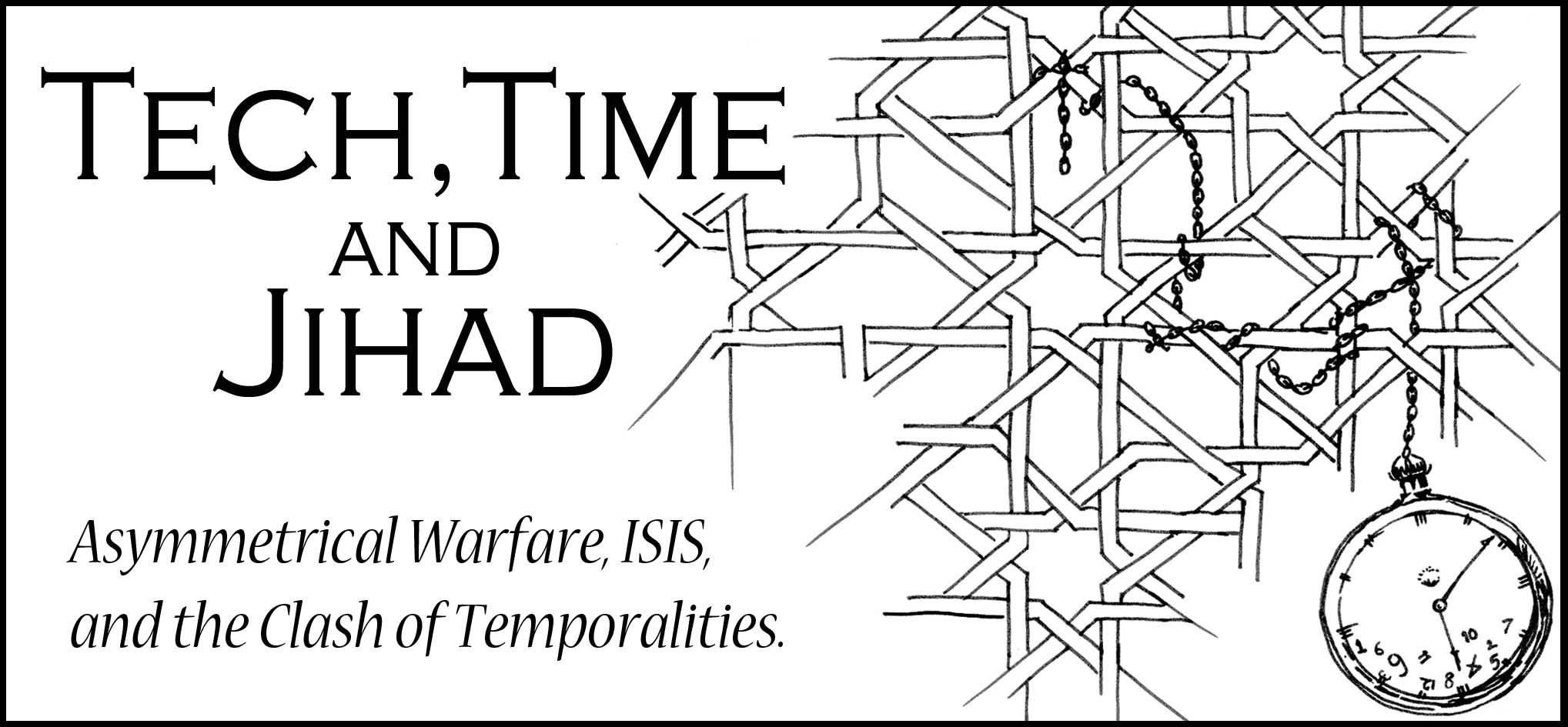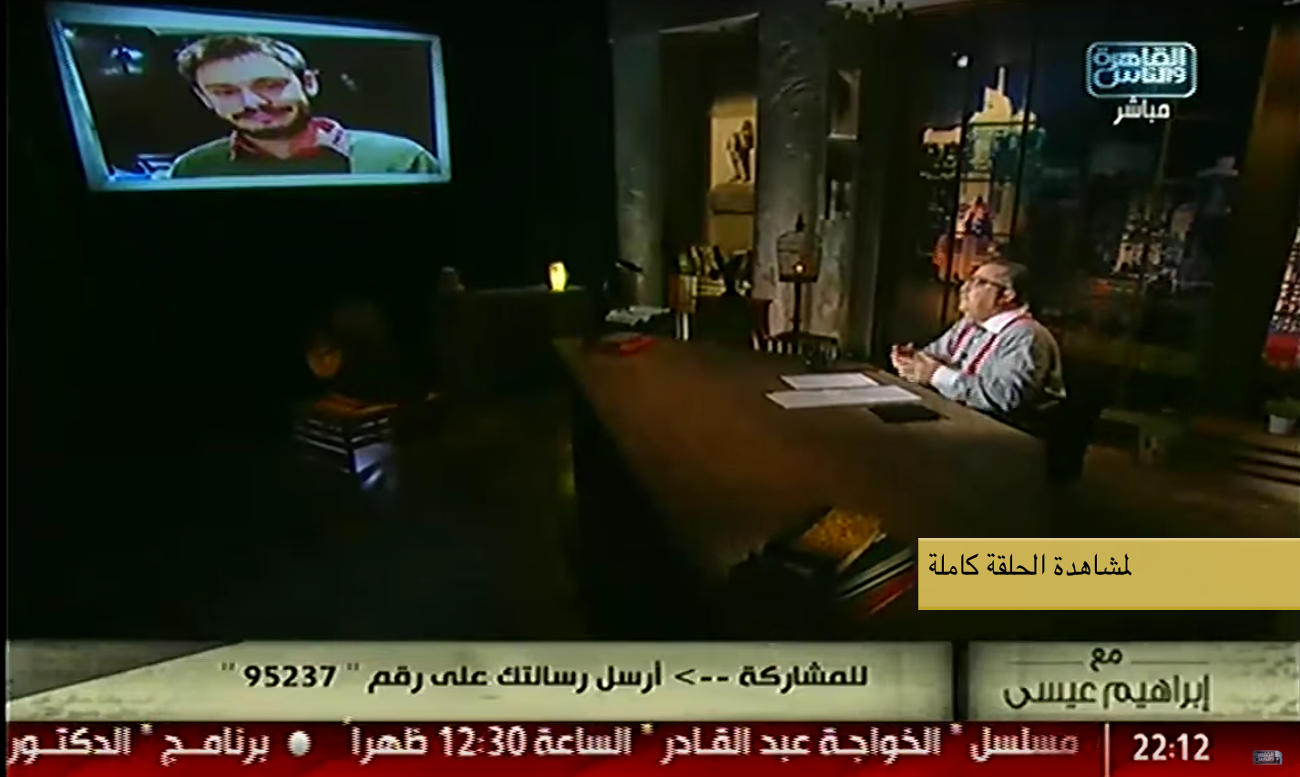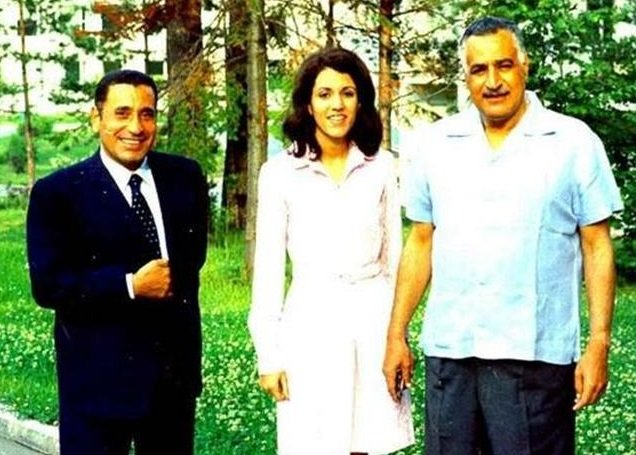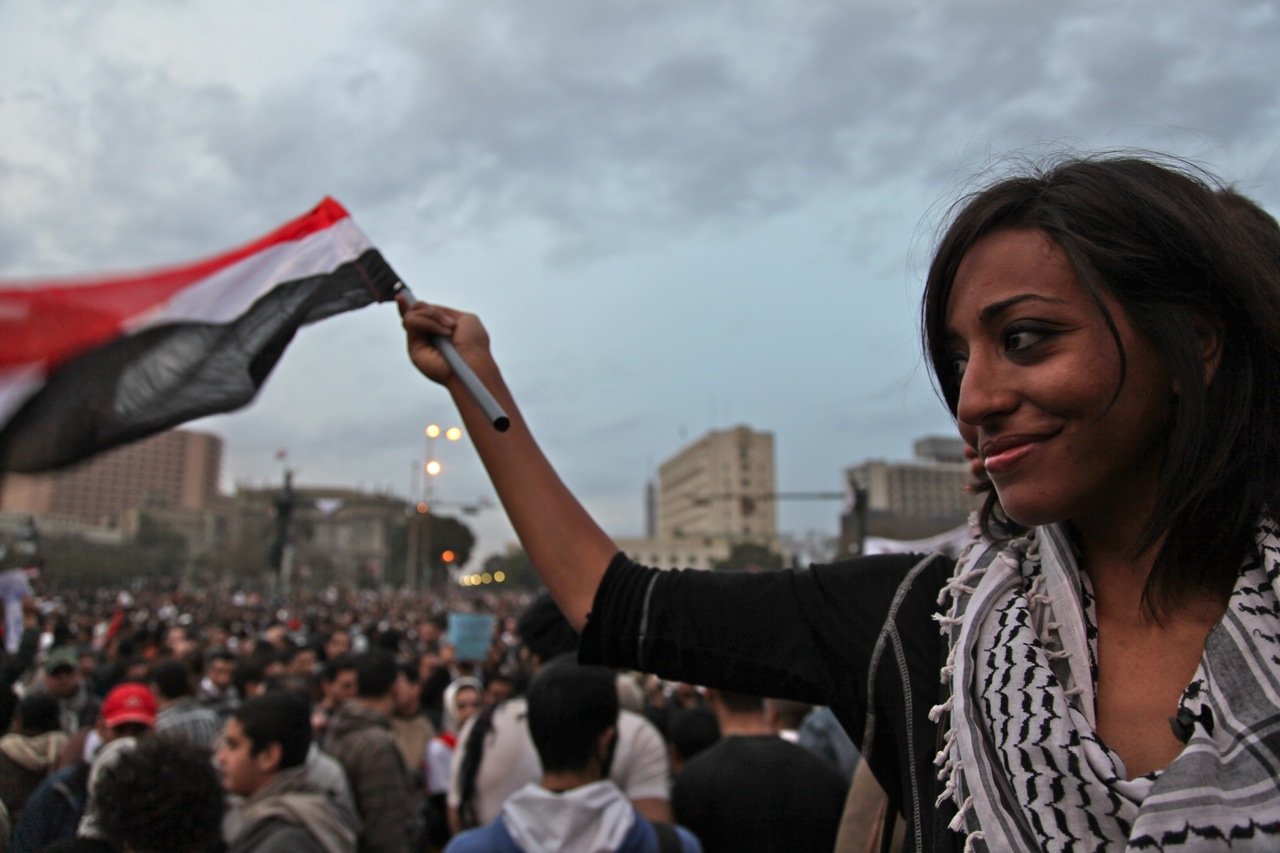Steven Salaita is the Edward Said Chair of American Studies at the American University of Beirut. He is a scholar of indigenous America and has written extensively and comparatively on the question of Palestine and anti-Arab racism. He speaks with Arab Media & Society about academic freedom, tenure, the special case of Palestine, and self-regulating suppression.
Read More »Front Row Seat to History: Mohamed Hassanein Heikal
A well-connected journalist, commentator, and master propagandist, Mohamed Hassanein Heikal crafted the message of former president and pan-Arab nationalist Gamal Abd al-Nasser and defended his legacy long after his death. Heikal’s books were consistent best sellers in the Arab world, and his political analysis was accorded respect. His opinion was sought in hour-long television interviews and behind closed doors in the corridors of power. His influence endured the epochs of long-reigning presidents, a revolution, and its political uncertainty. Senior Editor Abdalla Hassan examines his legacy.
Read More »PODCAST | We are all…NETWORKED.
Dr. Rasha Abdulla, associate professor in the Department of Journalism and Mass Communication at the American University in Cairo speaks with us about her work on big data, social media and the Egyptian Revolution. Together with a group of scholars from the University of Amsterdam, Dr. Abdulla conducted big data research using the contents of the “We Are All Khaled Said” Facebook page. Dr. Abdulla was lead on an article investigating the role of the page as a venue for lessons in democratic participation.
Read More »Egyptian President al-Sisi Meets with Intellectuals Amid Rising Concerns over Media Freedom
March 22, 2016—Egyptian President Abdel Fattah al-Sisi initiated an open dialogue today with prominent intellectual figures, according to a statement from the President’s Office. The meeting, which was attended by approximately twenty invitees, marked the inaugural installment of a series of planned national dialogues among politicians, intellectuals, and media workers.
Read More »Tech, Time, and Jihad
Issue 22, spring 2016 https://doi.org/10.70090/RH16TTAJ On December 28th, 2015, when the Iraqi army felt confident enough of the military situation around Ramadi, the capital of Anbar province, it invited the world’s media to witness the raising of the national flag atop a central administration building. For the Iraqi government, the …
Read More »PODCAST | View From the Front Line
With over thirty years of experience as a war reporter in Afghanistan, Iraq, Libya, and Syria, Kurt Pelda is well acquainted with the terrors of armed conflict. In this podcast, he shares his perspectives on the war in Syria, challenges the propaganda emerging from the conflict, and shares his personal experiences of life on the frontlines of some of the bloodiest conflicts in recent history.
Read More »Egyptian Writer and Journalist Sentenced to Two Years in Prison
February 20, 2016—Egyptian writer and novelist Ahmed Naji was sentenced to two years in prison on Saturday after publishing "obscene sexual content" from a chapter in his novel, The Guide for Using Life, in a state-owned literary magazine in August 2014.
Read More »Stepping Out of Line: Egypt’s Coverage of Giulio Regeni’s Murder
In the aftermath of the brutal murder of Giulio Regeni, Egypt’s Ministry of Interior released a statement denying that it had arrested the Italian graduate student on the day he disappeared, ten days before his body was found in a ditch outside of Cairo. The ministry’s denial came after …
Read More »Leading Egyptian Journalist Mohamed Hassanein Heikal Dies at 92
February 17, 2016—Prominent Egyptian writer Mohamed Hassanein Heikal passed away today at the age of 92, state television reported.
Read More »BOOK EXCERPT | Media, Revolution and Politics in Egypt
With the demise of the second Arab autocrat within a month, people power seemed on the verge of revolutionizing the Middle East, a region known for its monarchs and presidents for life. Abdalla Hassan's book unpacks Egypt’s media and political dynamics—tracing events leading up to the 2011 revolution, the 18 days of uprising, military rule, an Islamist president’s year in office, his ouster by the army, and the reestablishment of the military presidency. Expanded freedoms of expression, in the press and on the streets, have contracted with the skillful reinvention of repression. This is the story of an uprising.
Read More » Arab Media & Society The Arab Media Hub
Arab Media & Society The Arab Media Hub
